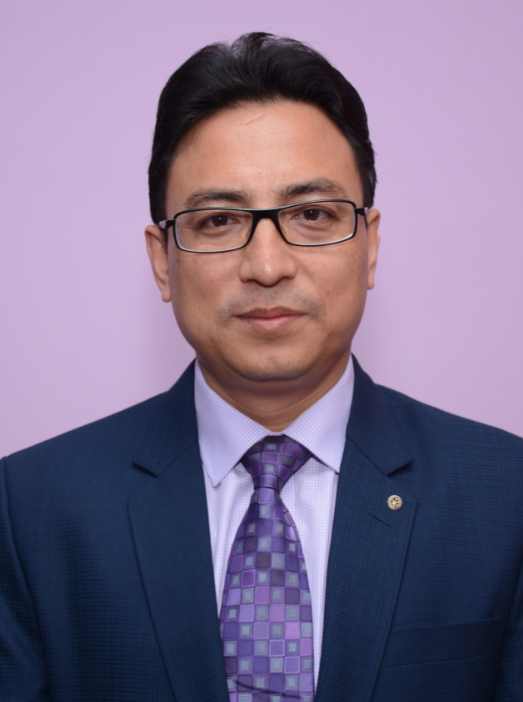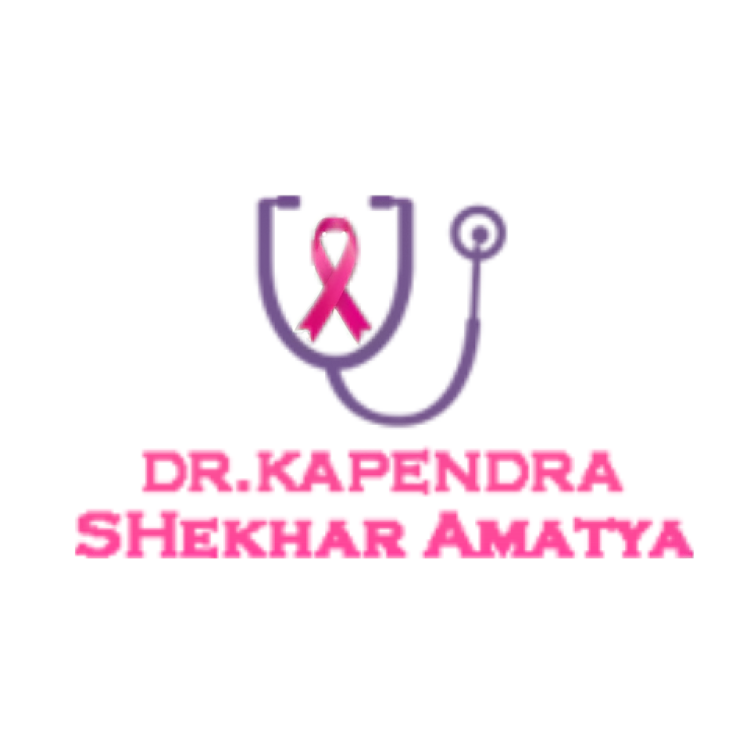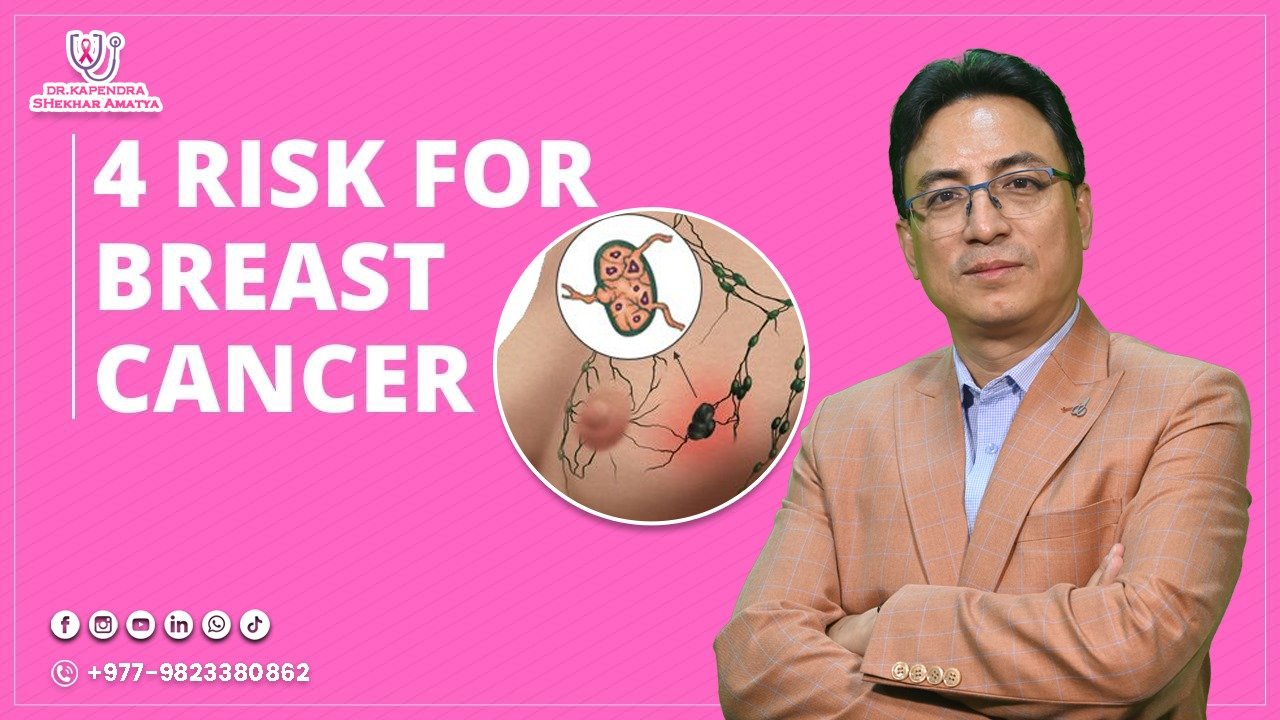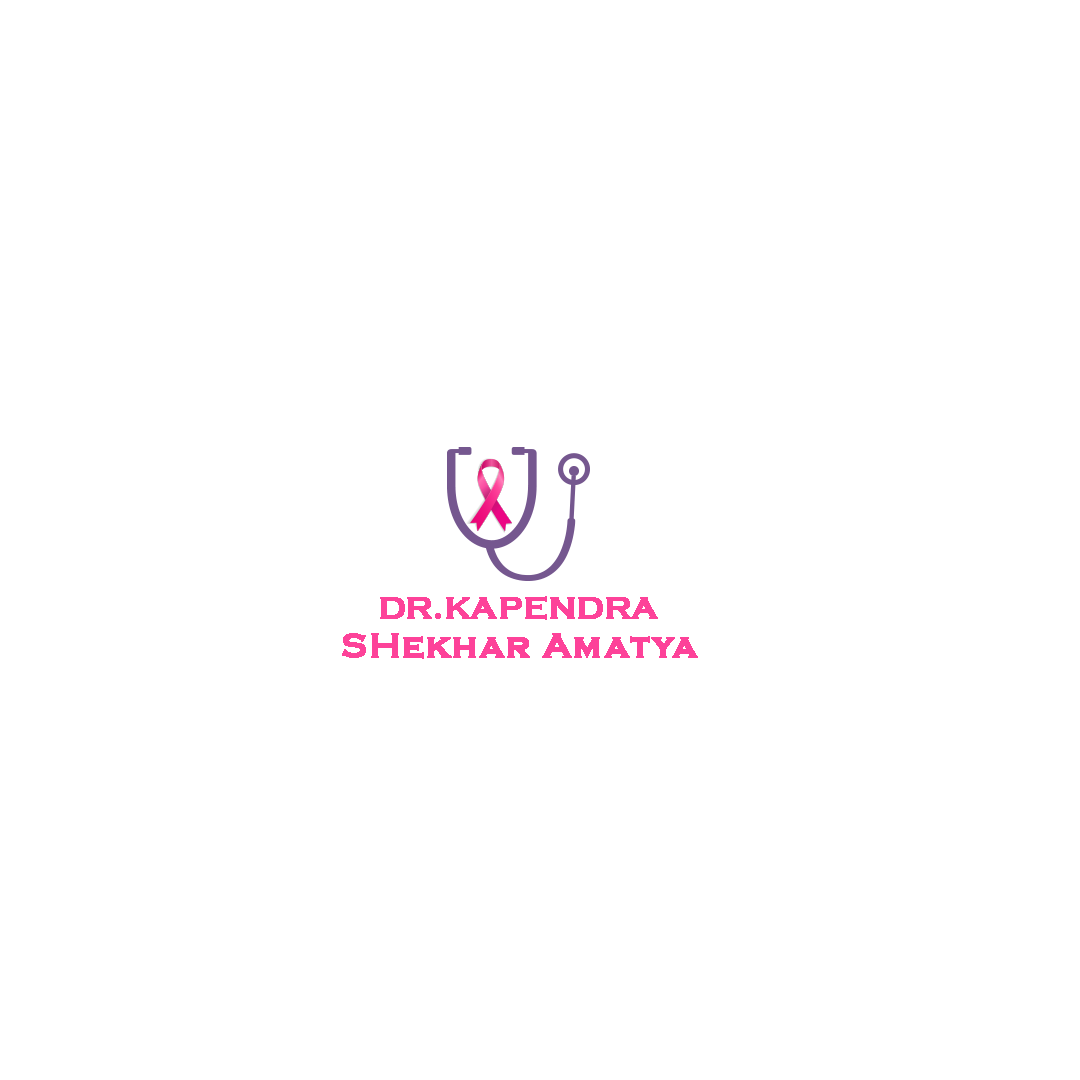Table of Contents
ToggleThere are many things that you can do to lower your risk for breast cancer. Women’s age, genetics, and being a woman are some of the characteristics associated with breast cancer. It is possible to change other factors, such as being overweight, not exercising, smoking, and eating unhealthy foods, by making choices. Your cancer risk can be reduced by choosing the healthiest lifestyle options possible.
Breast cancer will strike some women even if they don’t have any known possibility factors. The presence of a risk factor does not guarantee that you will develop the disease, and not every risk factor has the same impact. The majority of women have some risk factors, but they don’t get cancer.
Risk Factors for breast cancer that Can’t Be Changed:

Here is a 4 risk factors for breast cancer that you can’t control:
Growing older
As per age, our risk of developing breast cancer increases. A breast cancer diagnosis is most likely to occur after 50 years of age.
Mutations in genes
Breast and ovarian cancer risk is higher for women with certain gene mutations, including BRCA1 and BRCA2.
The reproductive history of an individual
Breast cancer risk increases for women who begin menstruating before the age of 12 and undergo menopause after the age of 55.
Breasts that are dense
Mammograms can sometimes be difficult to read because dense breast tissue has more connective tissue than fatty tissue. Breast cancer is more likely to occur in women who have dense breasts.
Having breast cancer or a non-cancerous breast disease in the past
A woman with a history of breast cancer is more likely to develop the disease again. Getting breast cancer is associated with conditions such as atypical hyperplasia or lobular carcinoma in situ, which are not cancerous.
An ovarian or breast cancer history in the family
Women with a mother, sister, daughter, or multiple relatives with breast or ovarian cancer on either their mother’s or father’s side are more likely to develop breast cancer. Breast cancer is also more likely to occur in women with first-degree relatives who have the disease.
Radiation therapy treatment in the past
In women who received chest or breast radiation therapy before age 30, their chances of developing breast cancer later on are higher.
The drug diethylstilbestrol exposure
In the United States, DES was given to some pregnant women to prevent miscarriage between 1940 and 1971. DES is associated with increased risk in women who take it while pregnant or in their mothers who take it while pregnant.
Factors that grow Risk for Breast cancer?

Here is a 5 risk factors for Breast cancer that make you sick.
A lack of physical activity
Breast cancer is more likely to occur in women who are not physically active. Your risk of getting breast cancer can be lowered if you are physically active.
Obesity after menopause or being overweight:
In older women with obesity or overweight, the risk of breast cancer is higher than in women with a healthy weight.
The use of hormones:
It is possible for some hormone replacement therapies taken during menopause to increase risk when taken for more than five years. The risk of this cancer has also been found to be increased by certain oral contraceptives.
History of reproductive health:
It is possible to be at risk if you become pregnant after age 30, are not breastfeeding, and never give birth to a full-term baby.
Alcohol consumption:
Alcohol consumption is linked to an increased risk of cancer in women.
The risk of breast cancer is also increased by other factors such as smoking, being exposed to cancer-causing chemicals, and working night shifts.
What to do If You’re at High Risk for Breast Cancer?

A prevention, screening, and risk-reduction evaluation will be developed together with your healthcare provider if you are at high risk of breast cancer. A breast MRI may be recommended in addition to additional screenings, or a referral to a breast specialist might be appropriate. In addition to genetic risk evaluations, counseling, and testing on site, women at increased risk of cancer can also get screening and preventative options.
Screening for breast cancer early with a mammogram is the most important step. In high-risk women, your provider may recommend additional screenings, such as breast MRI screenings, in addition to a yearly mammogram. Radiologists can see parts of the breast that may not be visible with other imaging tests on the basis of breast MRIs, which require IV contrast and use strong magnets instead of radiation.
How to Lower The Risk for Breast Cancer

There are certain risk factors that cannot be modified, yet choosing the healthiest lifestyle options can reduce your risk as much as possible. These include:
- Staying away from tobacco products
- Weight management – avoiding postmenopausal weight gain in particular
- Reduce sugar, carbohydrates, processed foods, and red meat as part of a healthy diet rich in plant-based nutrients
- Taking part in physical activity
- Drinking alcohol in moderation
- Preventing health problems by getting regular health screenings, such as 3D mammograms
- Assessing the risks and benefits of hormone replacement therapy and discussing them with your doctor
- Medications that reduce risk should be discussed with your doctor if you have had a high-risk breast biopsy
- Genetically predisposed women with breast cancer might benefit from preventative risk-reducing surgery
Taking steps to reduce your breast cancer risk is possible. Discuss how you can reduce your chances of developing breast cancer with your healthcare provider and identify your lifetime risk.
When to See an Oncologist in Nepal?
If you have any of the risk factors for breast cancer, and also observe the symptoms, it is suggested to consult with the best surgical oncologist in Nepal. The best breast cancer surgeon in Nepal will then go through certain tests and let you know about the outcomes. The top breast cancer doctor in Nepal will also help you in each and every phase of your breast cancer treatment. According to the top surgical oncologist in Nepal, Dr. Kapendra Shekhar Amatya, you must be able to share every problem during your treatment procedure to make it much more convenient.

MS (NMC Regd.2902)
Head of the Department, Sr.Consultant Surgical Oncologist at Nepal Cancer Hospital and Research Center
Director: Breast Cancer Program
Interest: Breast Cancer Surgery, Gastro Intestinal Cancer Surgery (Stomach and Colo-Rectal Cancer)



3 thoughts on “4 Risk for Breast Cancer”